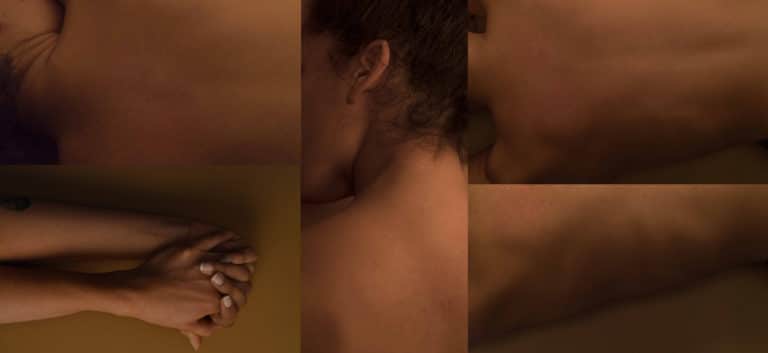Genetics and technology could help you find the love of your life

Two trends have been leading the headlines of 2018 and will most likely roll well into 2019 too: people’s obsession with their genetic information and the ever-expanding world of online dating. So it does not come as a surprise that the recently published report on the Future of Dating has Romance and Genetics at the top of its future trends list.
The fifth report of its kind made by the online dating site eharmony in collaboration with the Imperial College London reveals the most innovative trends that lie at the intersection of love and technology. While some of the topics listed have been largely discussed throughout 2018, among which is the trending love and sex with robots, some topics have stayed largely underground. For example, full-sensory virtual dating, where users can hold someone’s hand and even smell their fragrance through features in an app. And also, the fad of trying to find the perfect partner by gene matching through the growing use of gene home-testing kits.
That the chemistry between two people could be predicted from body language and character traits has been the subject of endless in-depth research. But in comparison to the premise of gene-matching potential partners, our current insights now seem but a drop in the ocean of what the future of relationships could hold. Personally, I found that the premise of this gene-matching technology doesn’t sit so well with me. Can genetics really justify all of our failed relationships, and in that same breath, successful ones too? What about chance, and compromise and all the other things that come into play when relationships are at stake.
What the report highlights is that with the help of technology, genetics could be used by dating apps to create a genetically perfect match. But it fails to ask the inevitable question—at least for me—which is, do we really want this power? “Major histocompatibility complex (MHC) genes, which regulate our immune systems – and relate to taste and smell – are thought to unconsciously influence mate choice. Evolutionarily speaking, it is ideal to pair up with a partner who possesses different immune genes, to give greater protection to any offspring.” Reads the report. So in theory, the analysis of MHC gene codes can be used by online dating platforms to predict whether users’ online attraction is likely to continue when the couple meets in real life.
Now if this sounds appealing to you, don’t get too excited yet. This type of gene-matching technology is set to take up to five years until it’s fully usable, but the data and the model needed to begin the development of a system of this type are already available. According to the report, by 2025, many matches could be created in laboratories.
So far, algorithms and data have been helping us narrow down the options of possible partners by matching users to people with similar values and interests (and location and hight and favourite songs). Yet what gene matching could do, is to eliminate even further any chances of a wrong match by predicting compatibility at a physical level, and that to me sounds as exciting as it does depressing.
We have been taught, maybe naively, that love is a game of luck, chemistry, and if I’m freely expressing my cynicism, simply being at the right time in the right place. Moreover, I think that there is something emotionally arousing in the feeling of uncertainty that a newborn relationship makes us feel—it keeps us on our toes. I am sure many habitual singles who have been passively jumping from one failing date to another would be more than happy to match with the right one once and for all. But personally, I would still like to give it a risky try, even if it means enduring yet another wrong match and a painful breakup.




